Surprising ways to get the essential vitamins and nutrients you need in your diet
Vitamin C: Instead of oranges, try strawberries, red peppers, or broccoli.

Calcium: Instead of milk or cheese, try leafy greens.
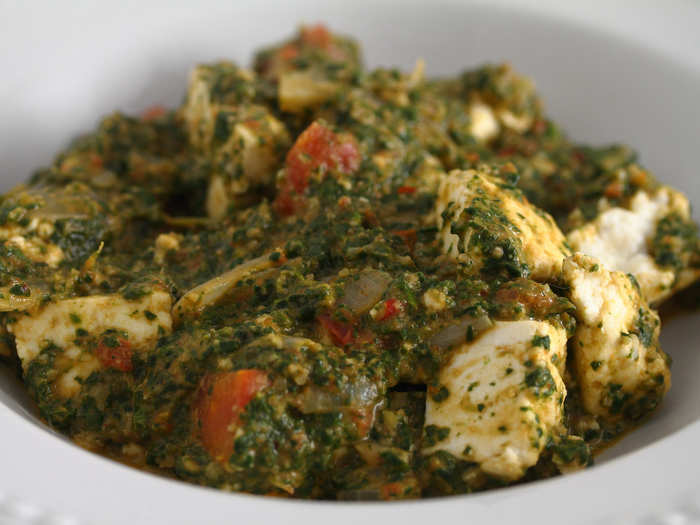
When we were kids, many of us were told to drink lots of milk so we'd get enough calcium to grow strong bones. But dairy products certainly aren't the only way to get enough of this bone-building nutrient. Leafy greens like spinach and kale, as well as edamame, contain plenty of calcium too.
- 1 cup 2% milk: 350 mg
- 1 cup cooked spinach: 245 mg
- 1 cup frozen edamame: 98 mg
- 1 cup cooked kale: 94 mg
Source: USDA
Potassium: Bananas aren't the only source! So are beans, potatoes, leafy greens.

Potassium is a vital mineral for keeping our heart, kidneys, and other organs running smoothly. Without it, we're at risk for high blood pressure, heart disease, cancer, and stroke, among other problems. You may know that you can get potassium from bananas, but you can also get plenty of it from beans, leafy greens, and potatoes.
- 1 banana: 422 mg
- 1 cup cooked white beans: 1,004 mg
- 1 baked potato: 926 mg
- 1 cup cooked spinach: 839 mg
Source: Healthalicious.com
Omega-3s: Not just in fish. Try flaxseed or vegetable oil, or walnuts too.
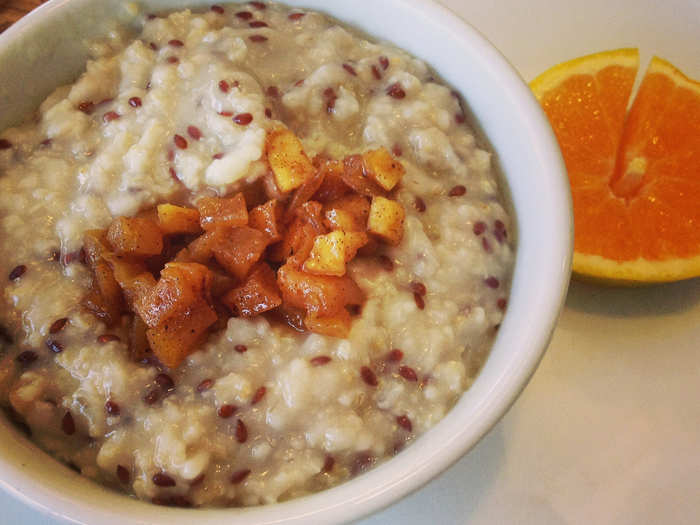
Omega-3 fatty acids are an important part of maintaining a normal metabolism, and while the findings are mixed, some evidence suggests omega-3s may reduce the risk of heart disease and death. There are three main types: alpha-linolenic acid (ALA), eicosapentaenoic acid (EPA), and docosahexaenoic acid (DHA).
While you can only get EPA and DHA from fish/fish oil and other types of seafood, you can get ALA from flaxseed (try sprinkling some on oatmeal!), vegetable oils (corn, safflower, sunflower, soybean), walnuts, and other plant sources.
Source: Dhaomega3.org
Zinc: Instead of red meat, go for some oysters or crab meat.
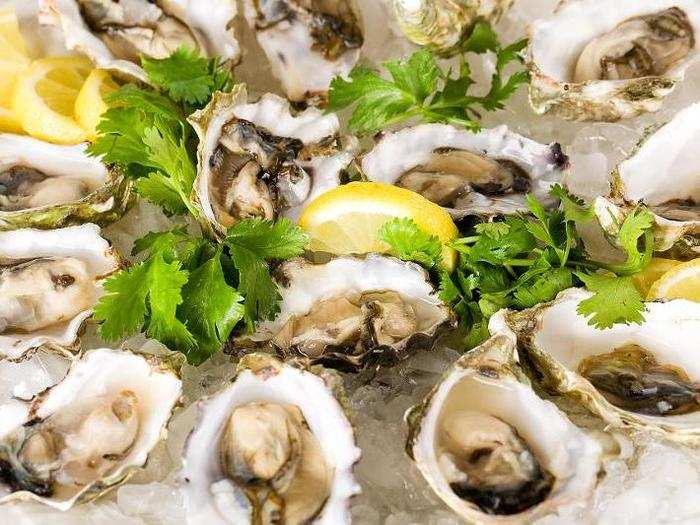
Zinc is an essential mineral that our body needs for a healthy immune system, wound healing, making DNA and proteins, and cell division. You can get zinc from many different foods. Many Americans get it from red meat and poultry or fortified breakfast cereals, but oysters contain more zinc per serving than any other food.
- 3 oz. fried oysters: 74 mg
- 3 oz. braised beef chuck roast: 7 mg
- 3 oz. cooked Alaska King crab: 7 mg
- 3/4 cup fortified breakfast cereal: 4 mg
Source: NIH
Vitamin B12: Instead of steak, why not be brave and try some liver or clams?
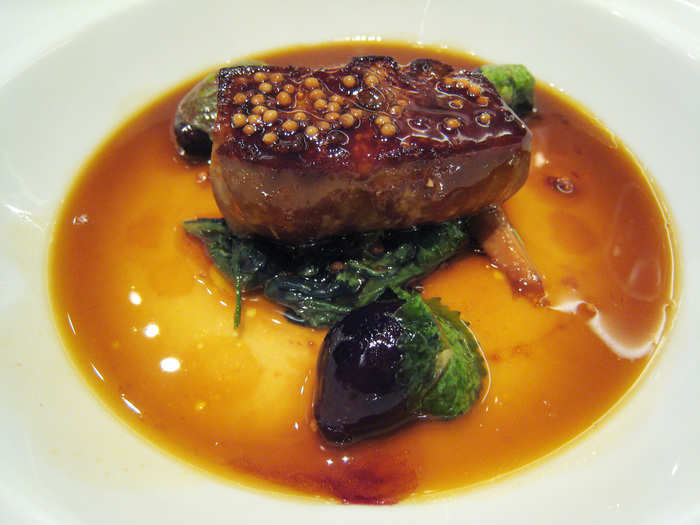
Another essential vitamin is B12, which is vital for red blood cell formation, brain function, and making DNA. The Food and Nutrition Board recommends that adults get 2.4 micrograms of B12 a day, and more for pregnant or lactating women. B12 is found in meat, seafood, eggs, and dairy products, or you can get it in supplement form. Foods like clams and liver (like the foie gras shown here) contain the highest levels of this nutrient.
- 3 oz. cooked clams: 84 mcg
- 3 oz. cooked beef liver: 70 mcg
- 1 serving fortified breakfast cereal: 6 mcg
- 3 oz. cooked Sockeye salmon: 5 mcg
Source: NIH
Vitamin A: Not a carrot fan? No worries. Substitute sweet potato, liver, or cantaloupe.
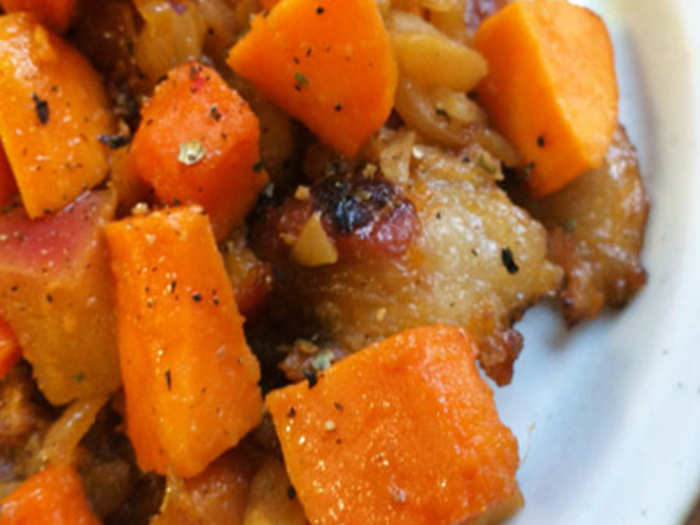
Vitamin A helps keep your skin, teeth, and other tissues healthy, and is also needed for good eyesight. It comes in two forms: preformed vitamin A and pro-vitamin A (whose most common form is beta carotene). You may know that carrots contain a lot of this vitamin, but you can also get it from other orange and yellow fruits and veggies, liver, spinach, and fortified breakfast cereals.
- 1 baked sweet potato with skin: 1,403 mcg
- 3 oz pan-fried beef liver: 6,582 mcg
- 1/2 cup raw carrots: 459 mcg
- 1/2 cup raw cantaloupe: 135 mcg
Source: NIH
Protein: Instead of meat, munch on some chickpeas, lentils, or peas.
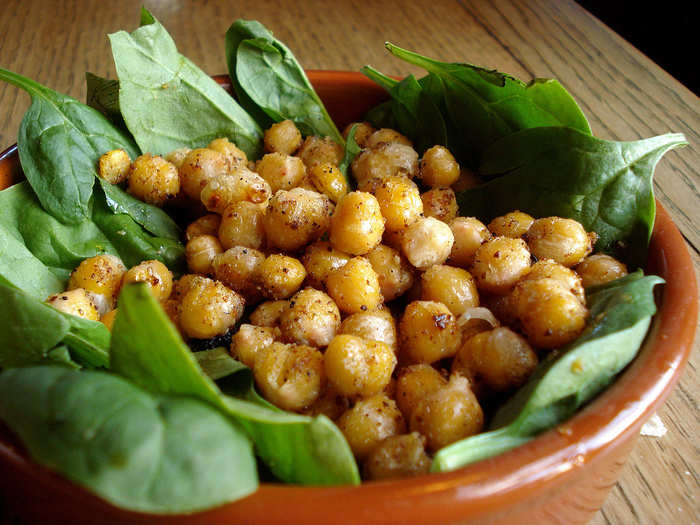
When you think about protein, you probably think of foods like meat and eggs. But as vegetarians know, beans and peas pack plenty of protein too.
- 1 hamburger patty: 72 g
- 3 oz. grilled chicken breast: 26 g
- 1 cup chickpeas: 40 g
- 3 large boiled eggs: 18 g
Source: USDA
Water: In addition to drinking more of it, you can up your intake of juicy foods like fruits and lettuce.
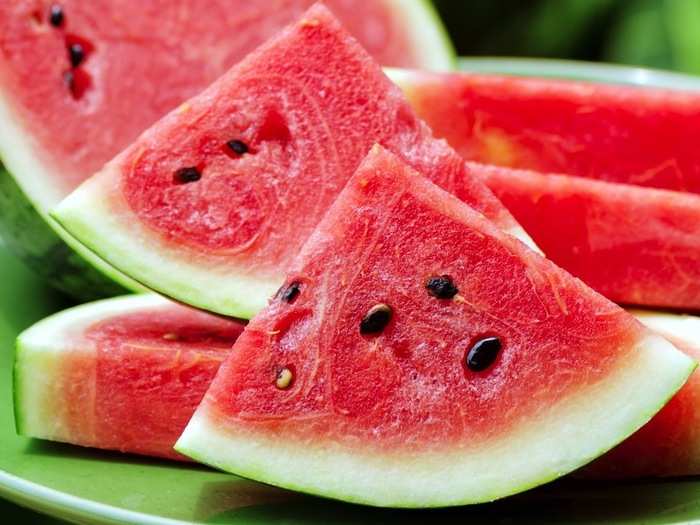
There's a reason that up to 60% of the human body is made of water. This life-giving fluid transports nutrients around the body and flushes away waste, and helps maintain our internal chemical balance. We're often told we should drink eight 8-oz. glasses of water a day, but experts now say it depends on the individual. But you don't have to get it all from drinking water — foods like soup and juicy fruits or veggies like watermelon or lettuce fit the bill, too.
Source: SFGate
Popular Right Now
Advertisement